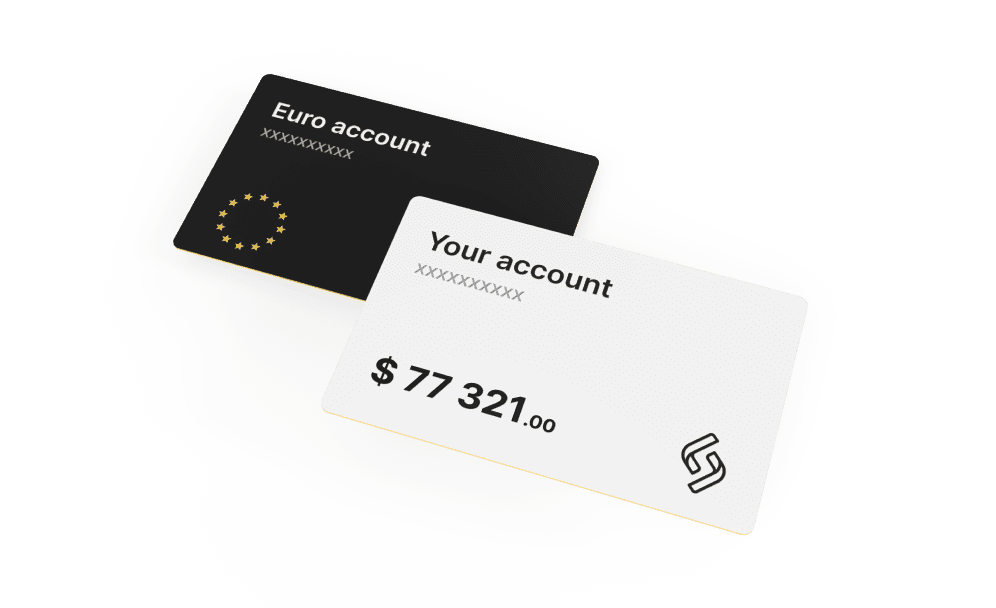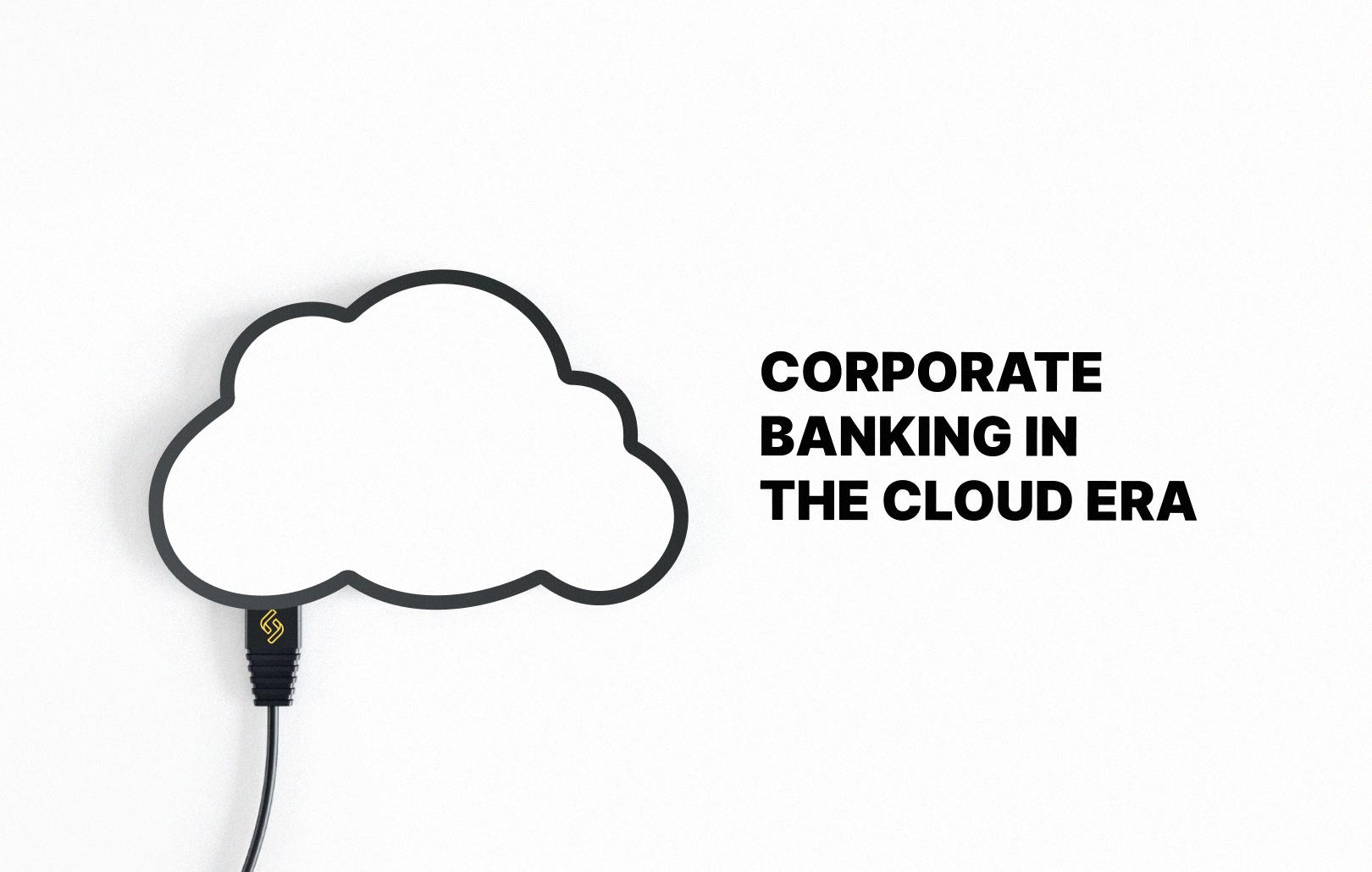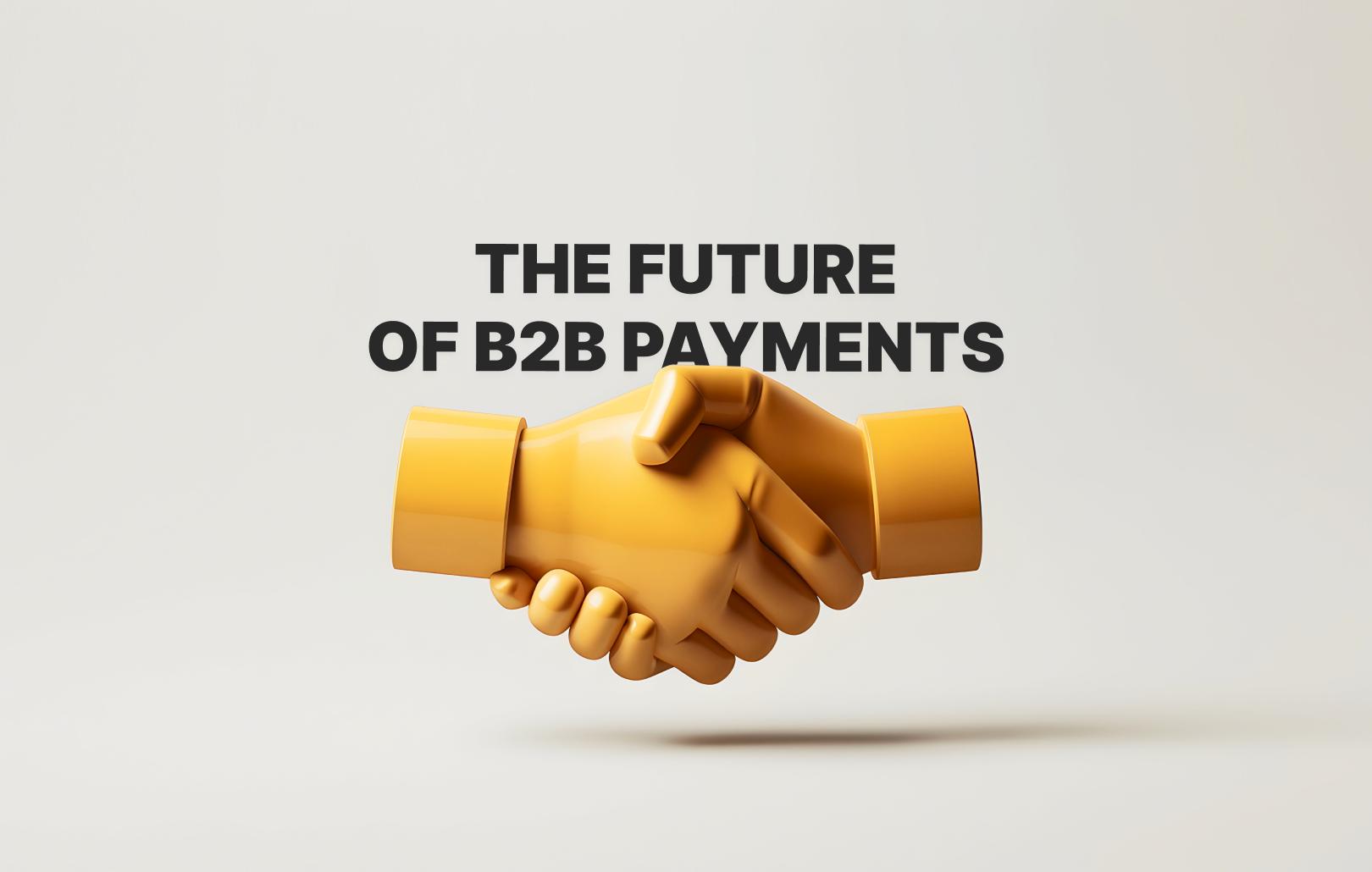Top 10 Cryptocurrencies of 2023 Based on Market Capitalization

Explore the top 10 cryptocurrencies to watch in 2023
Like it or not, the crypto market is riding a powerful wave, and Mordor Intelligence‘s predictions point to an impressive trajectory. It is expected to reach an impressive USD 5.03 trillion by 2028, with the forecast indicating a robust Compound Annual Growth Rate (CAGR) of 30.4% during the period from 2023 to 2028.
As the market continues to rapidly escalate, one cryptocurrency has already soared to a market cap exceeding half a trillion dollars, underscoring the undeniable dynamism of the cryptocurrency landscape. In this thriving environment, it is important to recognize the key players who are driving this journey.
It’s noteworthy that North America emerges as the fastest-growing market, while Europe, the Middle East, and Africa stand as the largest markets. The United States solidifies its position as the leading country in spending on blockchain solutions, further fueling the innovation and expansion of this transformative technology. In this bustling ecosystem, prominent entities such as Bitfinex, Coinbase, CryptoMove, Huobi, and Quantstamp serve as the driving forces propelling the market forward.
Let’s explore the top 10 leading cryptocurrencies commanding supremacy in this dynamic market landscape.
1. Bitcoin (BTC): US$561.3 Billion
Taking the lead in our ranking of the top 10 cryptocurrencies based on market capitalization is none other than Bitcoin, boasting an impressive valuation of US$561.3 billion. Originating in 2008, courtesy of an enigmatic entity or collective under the alias Satoshi Nakamoto, Bitcoin has earned distinction as a self-contained economic phenomenon, a sentiment echoed by laureates of the Nobel Memorial Prize in Economic Sciences. It has also become synonymous with the broader term ‘crypto.’ Founded on open-source code, Bitcoin serves as both a public-domain platform and a digital asset in a league of its own. Presently, Bitcoin’s platform stands as the most extensive computer network globally, providing the public with tools, products, and services to manage, purchase, and trade their crypto assets. Noteworthy events in Bitcoin’s recent history include its adoption as legal tender by El Salvador in 2021 and, more recently, Ukraine accepting Bitcoin donations to bolster its resistance efforts against the Russian barbaric invasion.
2. Ethereum (ETH): US$220.2 Billion
Securing the second position in our roster is Ethereum, commanding a substantial valuation of US$220.2 billion. Distinguished as a blockchain and smart functionality platform, Ethereum operates with Ether as its native cryptocurrency. Conceived by Vitalik Buterin in 2013, Ethereum boasts fully open-source software. This crypto platform empowers users to deploy enduring decentralized applications, facilitating interaction with other users. Furthermore, Ethereum users can create and exchange NFTs directly on the platform. Numerous crypto platforms leverage the Ethereum blockchain, often utilizing the ERC-20 token standard. Notably, Ethereum has recently transitioned from a proof of work mechanism to proof of stake in a strategic move towards sustainability. This transition, referred to as ‘The Merge,’ is reported to have reduced Ethereum’s energy consumption by a staggering 99%.
3. Tether (USDT): US$83.8 Billion
Established in 2014, Tether emerges as an asset-backed stablecoin, boasting a market valuation of US$83.8 billion. Headquartered in Hong Kong, Tether is under the ownership of the technology company iFinex and its cryptocurrency is generated across ten protocols and blockchains. Presently, it reigns as the preeminent stablecoin in both trading volume and market capitalization, seizing a commanding 64% of the market share. In a significant milestone, Tether outpaced Bitcoin in 2019, securing its position as the most traded cryptocurrency globally. As a stablecoin, Tether’s coin valuation was initially crafted to mirror US$1, backed by equivalent asset reserves of US$1 for each stablecoin issued.
4. Binance Coin (BNB): US$37.7 Billion
BNB stands as the exclusive cryptocurrency native to the Binance trading platform, ranking among the most actively traded crypto assets globally. During its inception, Binance introduced two cryptocurrencies—Binance Coin (BNB) and BinanceUSD (BUSD). Initially launched as an Ethereum token, BNB eventually transitioned to Binance’s proprietary blockchain known as Binance Smart Chain (BSC). This blockchain later merged with the preceding Binance Chain, culminating in the establishment of the BNB chain. Operating on a distinctive ‘Proof of Staked Authority’ model, BNB Chain represents a unique amalgamation of proof of stake and proof of authority.
5. XRP (XRP): US$36.3 Billion
Leveraging its native cryptocurrency XRP, Ripple functions as a comprehensive cryptocurrency exchange, remittance network, and real-time gross settlement system. Ripple’s offerings extend to providing users with solutions for acquiring cryptocurrencies and enabling swift payments, particularly in XRP. The company is dedicated to realizing its vision of creating cryptocurrency solutions for a world without economic borders. Despite undergoing scrutiny following a class action initiated by the US Securities and Exchange Commission (SEC) due to potential violations of US Howey requirements, Ripple continues to exhibit resilience in numerous global markets.
6. US Dollar Coin (USDC): US$26.4 Billion
Established by Circle, the USD Coin (USDC) is a stablecoin pegged to the value of the US dollar. Governed by a consortium named Centre, its members include representatives from Coinbase and Bitmain—a Bitcoin mining company with investments in Circle. Despite its association with the centralized US currency (USD), USDC operates as a private crypto stablecoin, distinct from central digital banking currencies (CBDCs). Issued as an Ethereum ERC-20 token, USDC can be purchased, traded, and held on various blockchains, including Solana, Stellar, Polygon, and Avalanche.
7. Dogecoin (DOGE): US$10.8 Billion
Dogecoin, conceived by software engineers Jackson Palmer and Billy Markus, stands as an altcoin traded against fiat currencies and other cryptocurrencies. Initially conceived as a jest or the world’s inaugural “meme coin,” Dogecoin has evolved into a bona fide investment opportunity. The altcoin experienced a surge in value in 2021, soaring by over 800% within a 24-hour span, and has navigated through fluctuating market conditions within the cryptocurrency sphere ever since. Notably, its journey included a price spike when Elon Musk, the owner of X, briefly modified the X app’s logo to feature Doge imagery.
8. Cardano (ADA): US$10.7 Billion
Cardano, a public blockchain platform, operates an open-source, decentralized blockchain system designed for peer-to-peer transactions using its native cryptocurrency, ADA. Spearheaded by Ethereum Co-founder Charles Hoskinson, the platform is overseen by the Cardano Foundation based in Switzerland. Similar to Solana and TRON, Cardano utilizes a proof of stake model, known for its sustainability and environmentally friendly attributes compared to proof of work models. Launched in 2017, Cardano achieved a record-high market capitalization of US$77 billion in 2021, ranking as the fourth-highest among blockchain platforms at that time. It currently holds a valuation of US$10.7 billion.
9. Solana (SOL): US$9.5 Billion
Operating on a proof of stake mechanism, Solana serves as a blockchain platform offering smart contract capabilities via its native cryptocurrency, SOL. Commencing operations in March 2020, Solana’s blockchain was purposefully crafted to support decentralized applications and smart contracts. In 2021, the company successfully raised US$314 million by selling its native SOL to funding groups led by Polychain Capital and Andreessen Horowitz. While crypto markets experienced fluctuations post-FTX’s bankruptcy, Solana’s most recent reported market valuation reached US$7 billion. Presently, its market cap stands at US$9.5 billion, reflecting a decline from its peak value of US$55 billion in 2022.
10. TRON (TRX): US$7 Billion
With a valuation of US$7 billion, TRON operates as a blockchain dedicated to running decentralized finance (DeFi) applications and smart contracts. Fueling its proof of stake algorithm is TRON’s native cryptocurrency, TRX. Established in 2017, TRON is overseen by the TRON Foundation, a non-profit organization headquartered in Singapore and founded by Justin Sun. Boasting more than 165.5 million user accounts and facilitating over 5.81 billion total transactions, TRON achieved a significant milestone in 2022 by being registered as the national blockchain for the Commonwealth of Dominica, marking the inaugural partnership between a public blockchain and a sovereign state.







